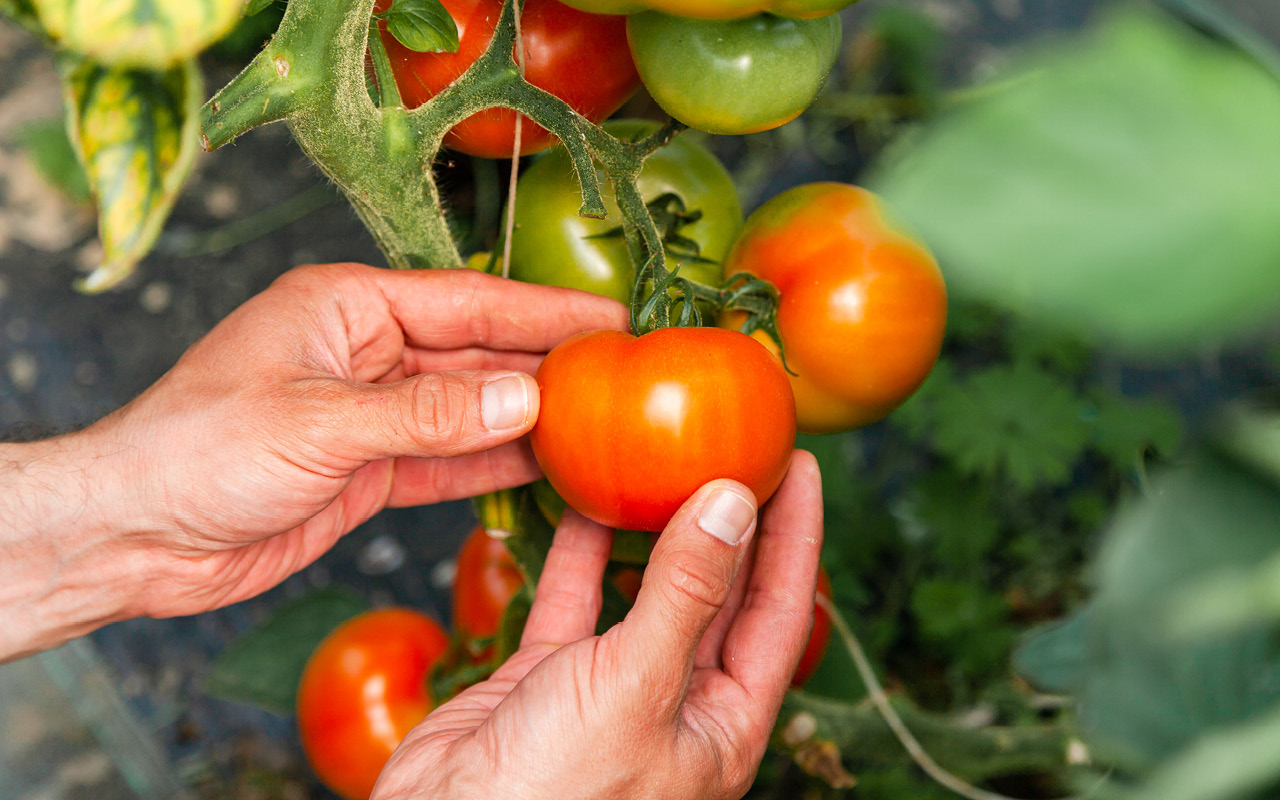Challenge Fusarium wilt is a major soil-borne disease threatening tomato production, with limited sustainable management options. Understanding and manipulating the rhizosphere microbiome offers a promising avenue to improve plant health and disease resistance.
Solution The project aims to explore rhizosphere microbiome engineering to manage Fusarium wilt of tomatoes, and to evaluate changes in the rhizosphere microbiome in response to application of bio-organic products. Firstly, the rhizosphere microbial community associated with healthy and fol-infected tomatoes in Western Australia will be assessed. This will identify core microbial taxa critical to plant health and to provide insights into managing the Fusarium wilt disease by modifying the core taxa. Field trials on the long-term contribution of three commercial bio-organic products will be conducted to assess their impact on tomato crop performance, yield, and the rhizosphere microbiome. The rhizosphere soils from the field trial sites will be used as ‘donor material’ for the microbiome engineering experiment.
Impact The project will provide evidence-based insights into using microbiome manipulation to enhance disease resistance and productivity in tomatoes. It supports the development of biological, sustainable disease management strategies, helping growers reduce reliance on chemical controls and improve soil and crop health over the long term.







